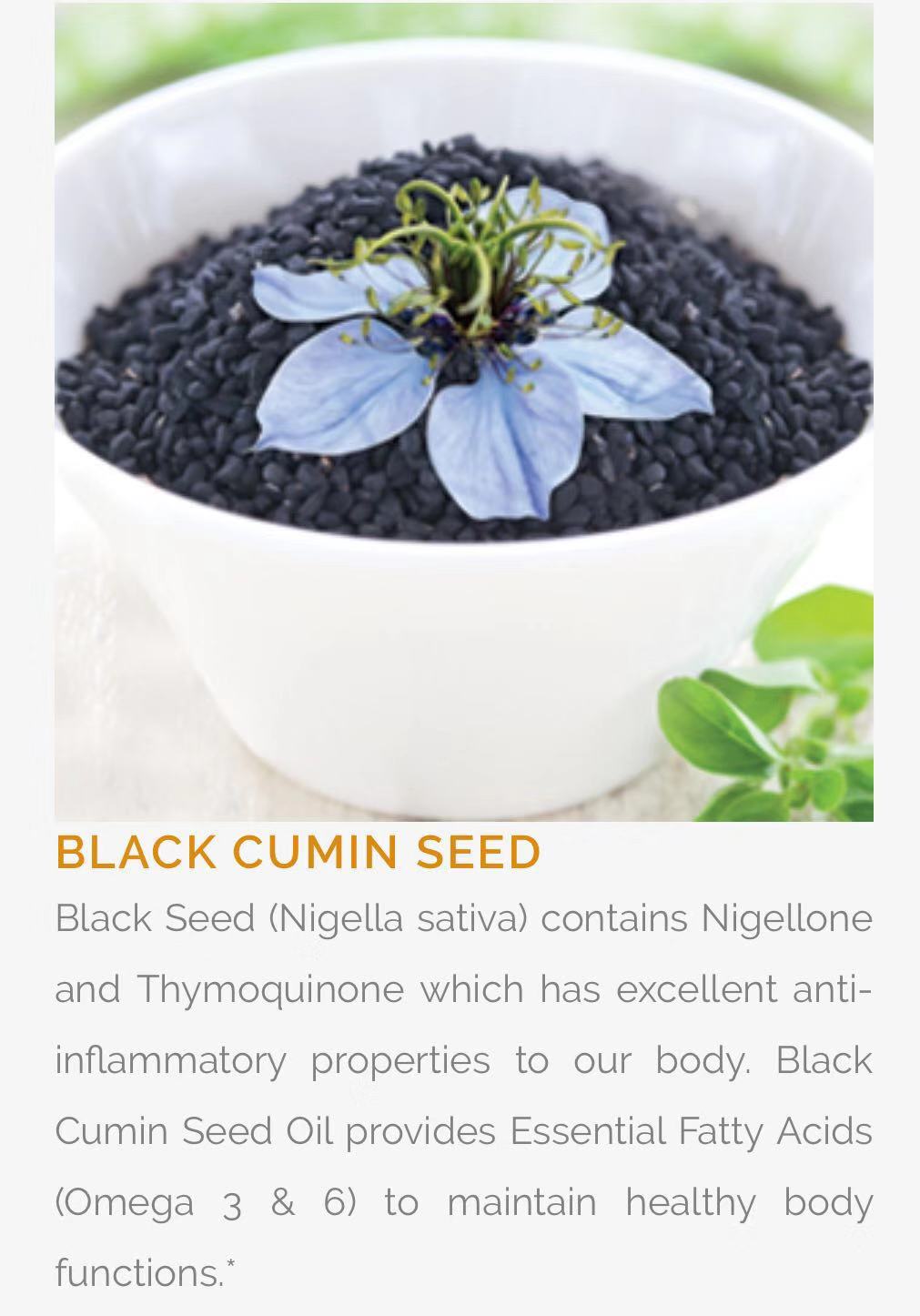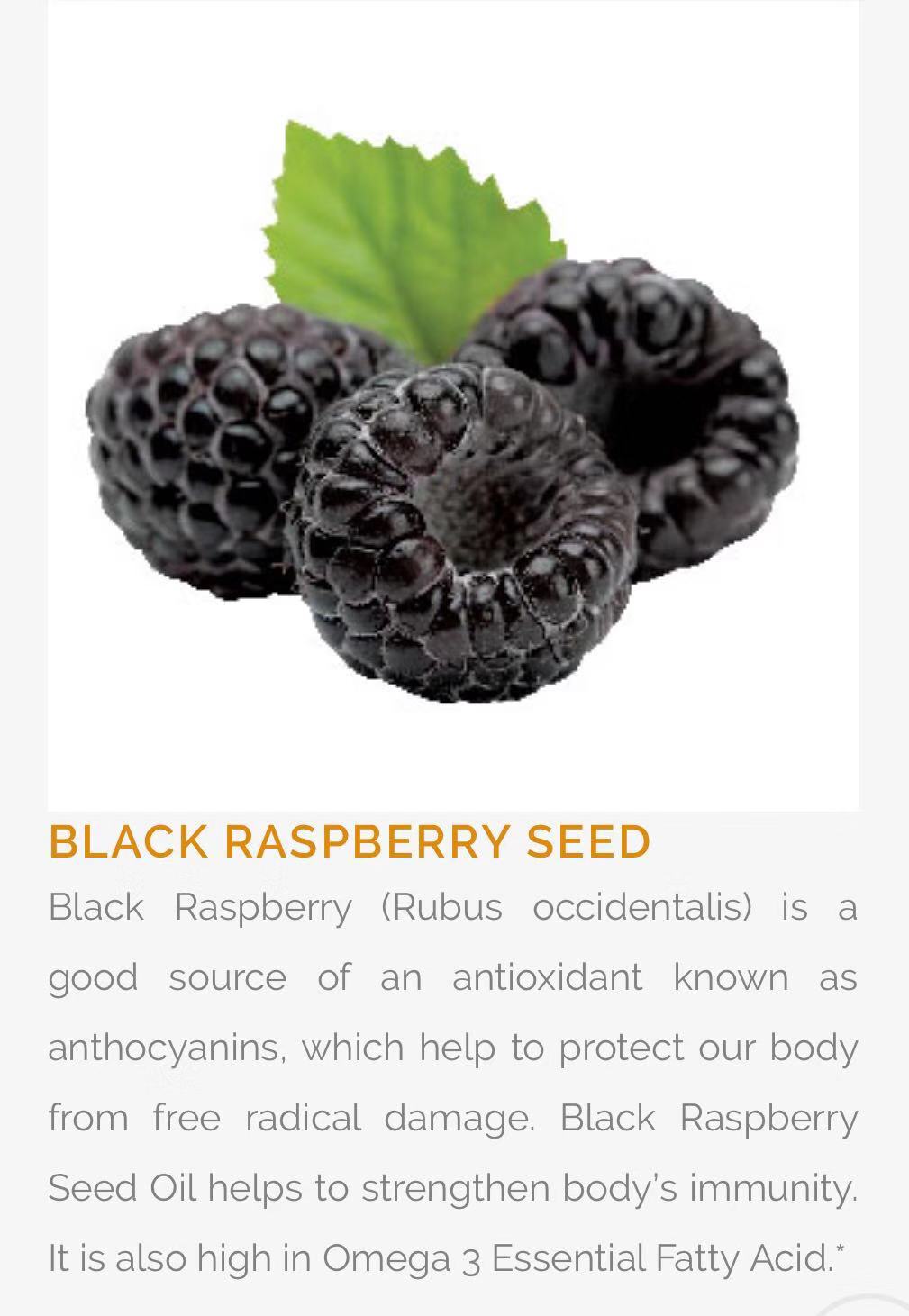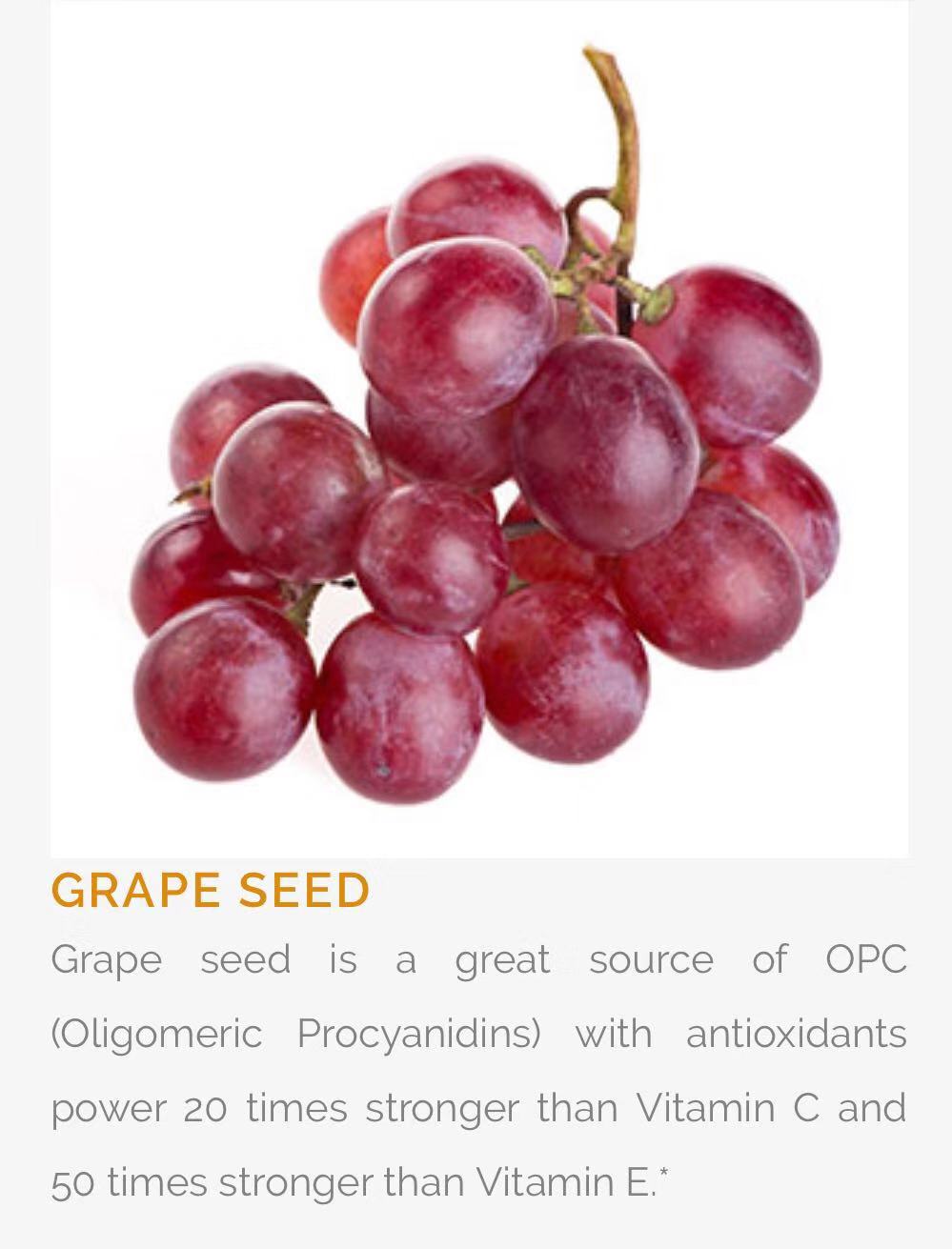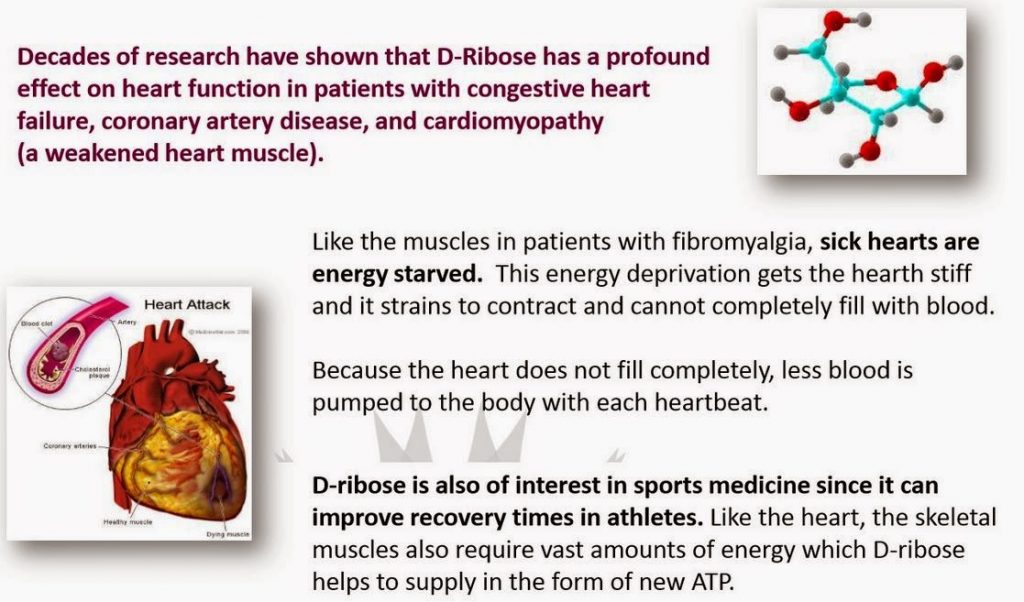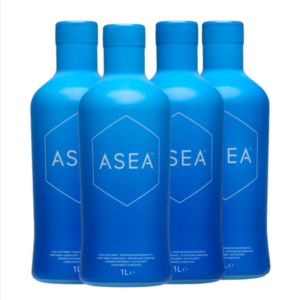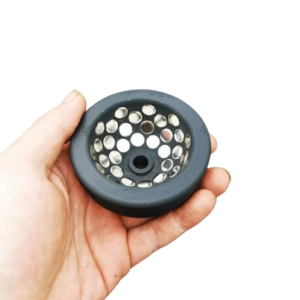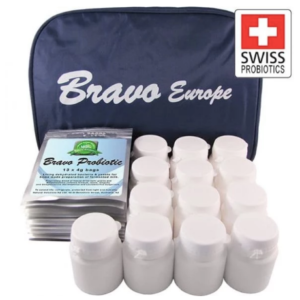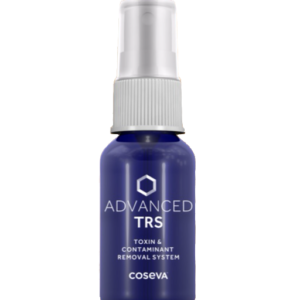ANTIOXIDANTS
BOOST YOUR IMMUNITY?
Antioxidants is a word we are beginning to hear more and more often? What are they and how do they help you? Antioxidants are a type of chemical compound that help counter and protect you from free radical damage!
FREE RADICALS AND OXIDATIVE STRESS
What are free radicals? Free radicals are highly reactive substances that can cause chain reactions in your cells and organs. Free radicals steal electrons from your cells and key proteins within your body. This prevents your cells or nutrients from performing their job properly! Free radicals also damage key proteins such as collagen, leading
to wrinkles.
Overtime, due to sustained free radical damage, your body will suffer from oxidative stress. Oxidative stress is responsible for premature ageing, increased cancer risk and chronic inflammation among many other illnesses.
Oxidative stress prevents your body from being in optimal condition, lowering all your functions including your immune system! An unhealthy and damaged cell will be prone to mutations, infection and further damage.
THE POWER OF ANTIOXIDANTS
How can antioxidants help you? Antioxidants help react with free radicals, making them harmless. This allows your body to repair itself from daily use and increase the efficiency of nutrient transfer and absorption. By freeing yourself from the toxicity of free radicals, your body’s performance can skyrocket! Whether it be muscle recovery, weight reduction or immune responsiveness.
SOURCES OF ANTIOXIDANTS
Foods high in antioxidants usually also come with other highly essential nutrients. Such as vitamins, minerals and essential fatty acids! These nutrients are all important for a healthy immune system!
WHAT ARE SOME OF THESE FOODS?
Most vegetables and fruits typically contain antioxidants, however these are some who contain a higher concentration:
Red grapes, Cranberries, Artichokes, Spinach, Strawberries, Raspberries, Kale.
Last but not least, supplements are also a great source of antioxidants. Moreover, supplements are more antioxidant dense and convenient than traditional sources. SO Plus helps counter the 6 most common type of free radicals all while guaranteeing freshness! SO Plus is sealed under 5 layers of protection! To ensure you are getting the freshest product possible, straight from the source.
Our patented seed oil blend combines and enhances 4 different seed oils to be greater than the sum of their parts!
Why avoid pills?
- A recent study examined forty-nine well-known commercially available multivitamins that were in either tablet (pill) or capsule form to determine if they could release their contained micronutrients within a twenty-minute time period—the time necessary for potential absorption. The results showed that out of the forty-nine multivitamins studied, twenty-five (or 51 percent) did not disintegrate.
- Many supplements contain excipients, binders, fillers, and flow agents, that can be used to either make the ingredients stick together, bulk products up to a convenient size, or allow formulas to run smoothly through manufacturers’ machines. These can contribute to the poor disintegration rates for tablets (pills) and capsules.
- Have you noticed that some multivitamin tablets are shiny? That’s because some companies coat their multivitamins with shellac, wax, and hydroxypropylmethylcellulose, which keeps the moisture out so they will have a longer shelf life. While this may be good for the vitamin company’s bottom line, it is not good for you. These coatings can decrease the solubility of a multivitamin tablet or capsule, reducing its ability to readily disintegrate.
Liquid food based supplements are better
Try it
What Is Black Seed Oil?
Black seed oil (also often called black cumin seed oil, black coriander oil, or simply black oil) comes from the Nigella sativa plant that is native to Asia. Studies on this incredibly powerful seed oil show it may be helpful in combating superbugs like MRSA or h.pylori and even has helped some cancer patients.
The plant is technically part of the buttercup family and has small, black, crescent-shaped seeds. Historical accounts of black seed use date back as far as the times of King Tut in ancient Egypt. Cleopatra reportedly used black cumin seed oil for beautiful hair and skin, and Hippocrates was fond of using it for digestive troubles.
There are now over 600 studies showing the effects of black cumin seed oil and there is promising research on it use for dealing with autoimmune disease (which is why I’ve been experimenting with it).
Two of its active compounds, crystalline nigellone and thymoquinone, are the most studied, but it also contains myristic acid, palmitic acid, stearic acid, palmitoleic acid, oleic acid, linoleic acid, arachidonic acid, proteins, and vitamins B1, B2,B3, calcium, folate, iron, copper, zinc, and phosphorous.
Studies have also shown that black seed oil can be useful for:
Asthma & Allergies
Multiple studies have found that black seed oil has anti-asthmatic effects and depending on the cause of asthma, it was sometimes more effective than conventional treatment. The same properties make it beneficial for relieving allergies for many people.
Eczema and Psoriasis
Black seed oil is also used for skin problems like eczema and psoriasis. It helps soothe inflammation and improve the speed and which skin heals.
Digestion
Nigella sativa seeds are carminative, meaning they aid in digestion and may decrease gas, bloating, and stomach pain. Black seed oil is often sometimes used in remedies for intestinal parasites. In preliminary studies, it was also shown to inhibit the growth of colon cancer cells with no negative side effects.
Candida and Fungus
Black seed oil was also shown to be helpful in battling candida and fungal infections in the digestive system and on the skin.
Cancers
Other studies have shown that a compound in black seeds and oil, thymoquinone, helps induce apoptosis (cell death) in leukemia cells. Other studies have shown this same effect in breast cancer cells, brain tumor cells, pancreatic cancer, cervical cancer, and even oral cancer cells and cavity-forming bacteria. Black seed oil is also sometimes recommended as a natural protection against some of the danger from radiation and used in conjunction with conventional treatments.
Black Cumin Seed Oil Benefits
Heart Health
Thymoquinone in Nigella sativa seeds has also been shown to have a protective effect on the heart, promote healthy cholesterol levels and help normalize blood pressure.
MRSA and Helicobacter pylori (H. pylori)
A 2010 study found that black seed oil was effective for patients with h.pylori infections (without ulcers). Studies have also shown that black seed oil was effective against MRSA.
Immune Health
Nigella sativa is unique in its way of supporting the immune system. It contains the antioxidants, beneficial acids, and B-vitamins you would expect in a natural remedy, but has an additional benefit. Unlike herbs like elderberry or echinacea that require caution for those with autoimmune disease, black seeds seem to balance the immune system — increasing immune function but not encouraging immune reactions against the body’s healthy tissue.
It has been used in alternative HIV protocols for years and it is often recommended on various autoimmune disease forums (with testimonials from those it has helped). I first found research on black seed oil when researching my own autoimmune thyroid disease.
Skin and Hair
It is also used topically in some cultures to naturally soften, strengthen, and firm skin and help increase hair growth. Some studies even suggest that it may be a very useful remedy against scars and to prevent scar formation on wounds.
Try it
Black raspberry seeds contain numerous same health-beneficial compounds as those of red raspberry seeds. However, black raspberry seeds additionally encompass of higher levels of compounds such as anthocyanins. If you read and understand what this article explains regarding phytochemicals and nutrients available in black raspberry seeds you will probably be able to put them into practice and thus, boost your health.
This post provides a detailed explanation about top five health benefits of black raspberry seeds which include:
– Strong antioxidant properties
– Anti-cancer properties
– Promotes eye health
– Benefits cardiovascular system
– Anti-inflammatory properties
– antioxidants-at-work
– Strong Antioxidant Properties
In a research held way back in 2006, a group of health experts from Chile tested the antioxidant power of various healthy foods. Among the healthy foods were 28 types of berry seeds and other different sorts of fruits. Black raspberry seeds, olives, white mulberries, sour cherries, strawberry seeds, and maqui berries were proven to contain a higher antioxidant power compared to red raspberry seeds. Besides, the antioxidant power of black raspberry seeds was shown to be stronger than that of kiwis and plums.
Anti-Cancer Properties
Black raspberry seeds have been proven to be one of the most efficient breast cancer fighting foods. They are as well very reliable when it comes to fighting cervical cancer. In a research held in 2006, it was determined that black raspberry seeds inhibit the growth of human prostate tumor, colon and breast cell lines. The seeds were additionally found to contain a strong pro-apoptotic effect, which promote apoptosis, a natural process that helps the body to get rid of unneeded cells. In addition, the seeds are believed to contain ellagic acid, which is a phenolic compound that has been proven to help cub both carcinogenic and mutagenic processes.
Promotes Eye Health
It is widely known that blueberry seeds are good for eye health. Well, in a research held recently it was concluded that black raspberry seeds contain more anthocyanins compared to blueberry seeds. This property make the black raspberry seeds to be more effective when it comes to boosting eye health. Majorly, black raspberry seeds benefit eyes in that they provide protection against muscular deterioration, boost the flow of blood in capillaries that leads to the retina, improves night vision, and reduces the risk of retinopathy in diabetic patients.
Benefits the Cardiovascular Systemgood-for-heart-health
Consumption of enough black raspberry seeds can help boost the cardiovascular health since it is capable of inhibiting LDL (Low-density lipoprotein) oxidation and hence, combating high blood pressure (hypertension). Actually, high level of LDL oxidation is an indicator of cardiovascular disease risk. Inhibiting this type of oxidation will definitely help solve hypertension issues.
Anti-Inflammatory Properties
body-inflammation-and-painNSAIDs (Non-Steroidal Anti-Inflammatory Drugs), such as naproxen and ibuprofen, are usually used to curb inflammation and pain related to inflammatory conditions – for instance, rheumatoid arthritis. Basically, these drugs work by inhibiting the production of cyclooxygenases, chemicals that are normally released by the body in response to pain. Black raspberry seeds have got the ability to do the same. Why don’t you choose to diminish inflammation by consuming berries instead of drugs that sometimes have negative effects?
Try it
Grape seed extract may have a range of health benefits.
Studies on animal models have revealed that grape seed extract can be effective in treating heart disease.
Some experts think that grape seed extract could even have anticancer and cancer chemopreventive potential.
Over recent years, there has been a great deal of research pointing to possible therapeutic properties of grape seed extract. Listed below are some of the key findings.
Healing wounds
Grape seed extract has the potential to increase the speed that wounds heal. A study, published in the journal Free Radical Biology and Medicine, applied proanthocyanidin extract onto wounds on the backs of mice. They found that the mice treated with this solution had quicker healing times.
According to the researchers they “provided firm evidence to support that topical application of GSPE [Grape seed proanthocyanidin extract] represents a feasible and productive approach to support dermal wound healing.”
Although it is not clear how this protection occurs, GSPE was found to increase production of vascular endothelial growth factor, a compound important in the wound healing process.
Improving bone strength
Including grape seed extract in your diet with calcium has a “beneficial effect on bone formation and bone strength for the treatment of bone debility caused by a low level of calcium.”
This is according to a study published in the Journal of Musculoskeletal & Neuronal Interactions that investigated the effects of calcium and proanthocyanidins on the bone structure of mice which had been fed a low-calcium diet.
Anti-Candida activity
A study conducted in Italy examined grape seed extract’s ability to attack Candida, a yeast-like parasitic fungus that can, sometimes, cause thrush. Grape seed oil contains flavan-3-ols. The researchers concluded:
“The results pointed out a significant inhibition of Candida albicans load 5 days after challenge. These findings indicate that grape seed extracts with high content of polymeric flavan-3-ols can be used in mucosal infection such as vaginal candidiasis.”
Preventing skin cancer
Grape seeds contain proanthocyanidins which might prevent the development of cancer. A study, published in the journal Molecular Nutrition & Food Research, found that grape seeds have properties that can reduce the severity of skin cancer.
Using hairless mice, the research team tested the ability of grape seed proanthocyanidins to slow the formation of skin tumor development.
The researchers concluded that grape seed extracts “could be useful in the attenuation of the adverse UV-induced health effects in human skin.”
It is thought that the protective nature of proanthocyanidins comes via a number of routes including a reduction in oxidative stress and immunosuppression by altering cytokine activity. Further research is needed to firm up the findings.
Cardiovascular benefits
The antioxidants in grape seed extract can potentially protect the blood vessels from becoming damaged, which may prevent high blood pressure.
According to one study, published in the journal Mutation Research/Fundamental and Molecular Mechanisms of Mutagenesis, “grape seed proanthocyanidin extract (GSPE) provides superior antioxidant efficacy as compared to Vitamins C, E, and β-carotene.”
The National Center for Complementary and Integrative Health (NCCIH) note that it may help reduce systolic blood pressure and heart rate, but they point out that it will not help decrease lipid levels, for example, cholesterol, in the blood.
Preventing cognitive decline
Grape seed extract is very high in proanthocyanidins which some believe could prevent cognitive decline.
One study identified “a critical role for grape seed proanthocyanidin extract (GSPE) as a neuroprotectant in the hippocampus and in preventing cognitive loss with aging.”
The NCCIH is supporting studies on the effect of grape seed extract on Alzheimer’s disease.
Other possible benefits associated with grape seed extract include:
[Three bunches of grapes]
Grape seed extract contains proanthocyanidins
– treating tooth decay
– protecting against pathogens
– improving night vision
– Alzheimer’s disease
– treating diabetic retinopathy and improving blood sugar control
– relieving symptoms of chronic venous insufficiency
– anti-aging properties (protecting collagen and elastin)
– reducing edema
– relieving symptoms of chronic venous insufficiency
– reducing iron levels in people with hemochromatosis
– reducing inflammation
D-ribose is a supplement that’s sometimes recommended as a treatment for people with fibromyalgia and chronic fatigue syndrome. Also called ribose or Beta-D-ribofuranose, it’s a type of sugar that your body produces naturally and is readily available in supplement form.
D-ribose plays several important roles in your body, such as:
Helping produce energy in the form of ATP (adenosine triphosphate)
Serving as a building block of the genetic material RNA (ribonucleic acid)
Helping increase your muscle energy
As with most supplements, we don’t have enough high-quality research to draw a lot of conclusions about it as a treatment for these conditions.
D-Ribose for Fibromyalgia & Chronic Fatigue Syndrome
We have very little research on d-ribose supplementation for either fibromyalgia or chronic fatigue syndrome. Still, some health-care providers recommend it, and some people with these conditions say it is an effective part of their treatment regimen.
One small study published in The Journal of Alternative and Complementary Medicine concluded that d-ribose supplementation significantly improved symptoms of these conditions, including:
– Increasing energy levels
– Improving sleep quality
– Improving mental clarity
– Lowering pain intensity
– Improving overall well being
